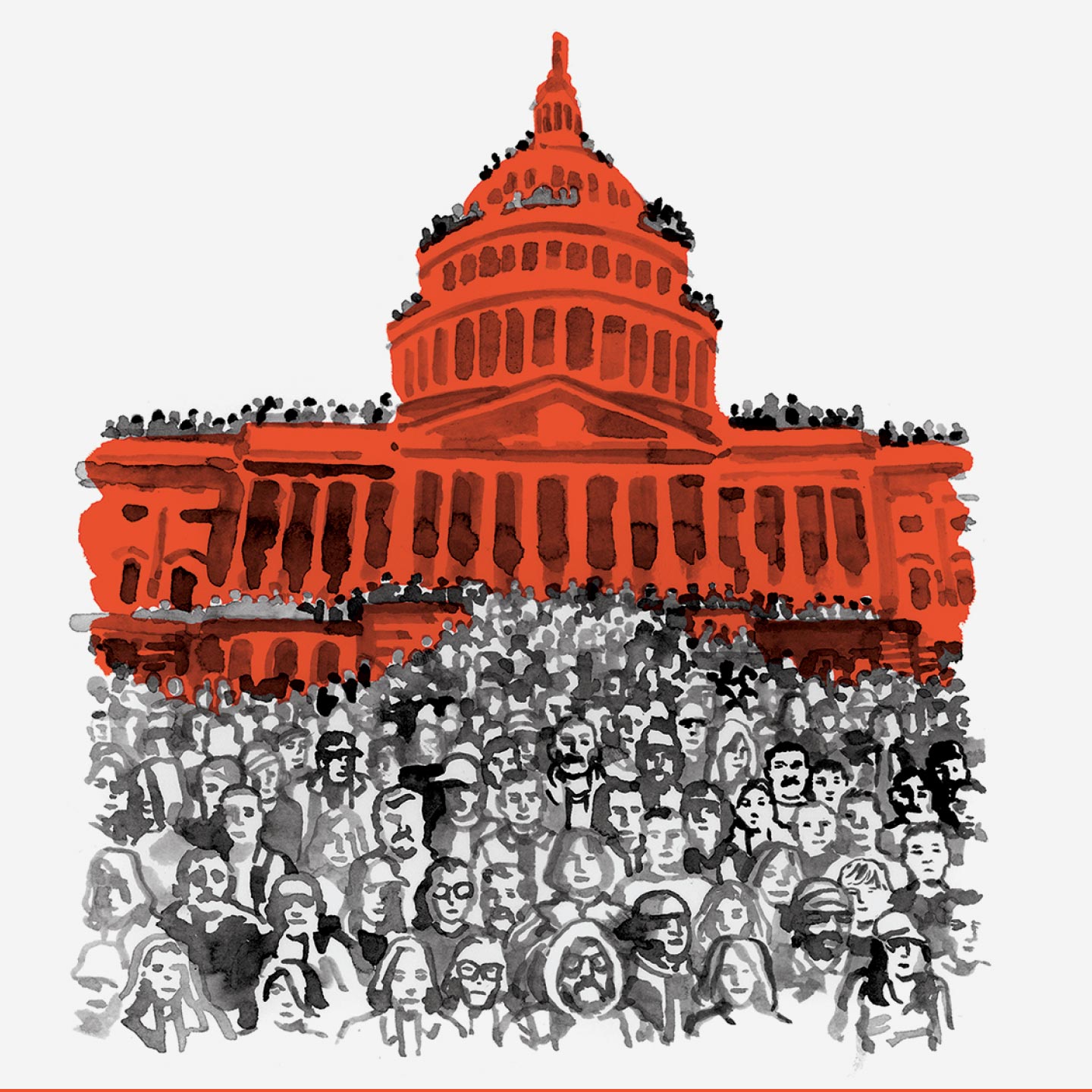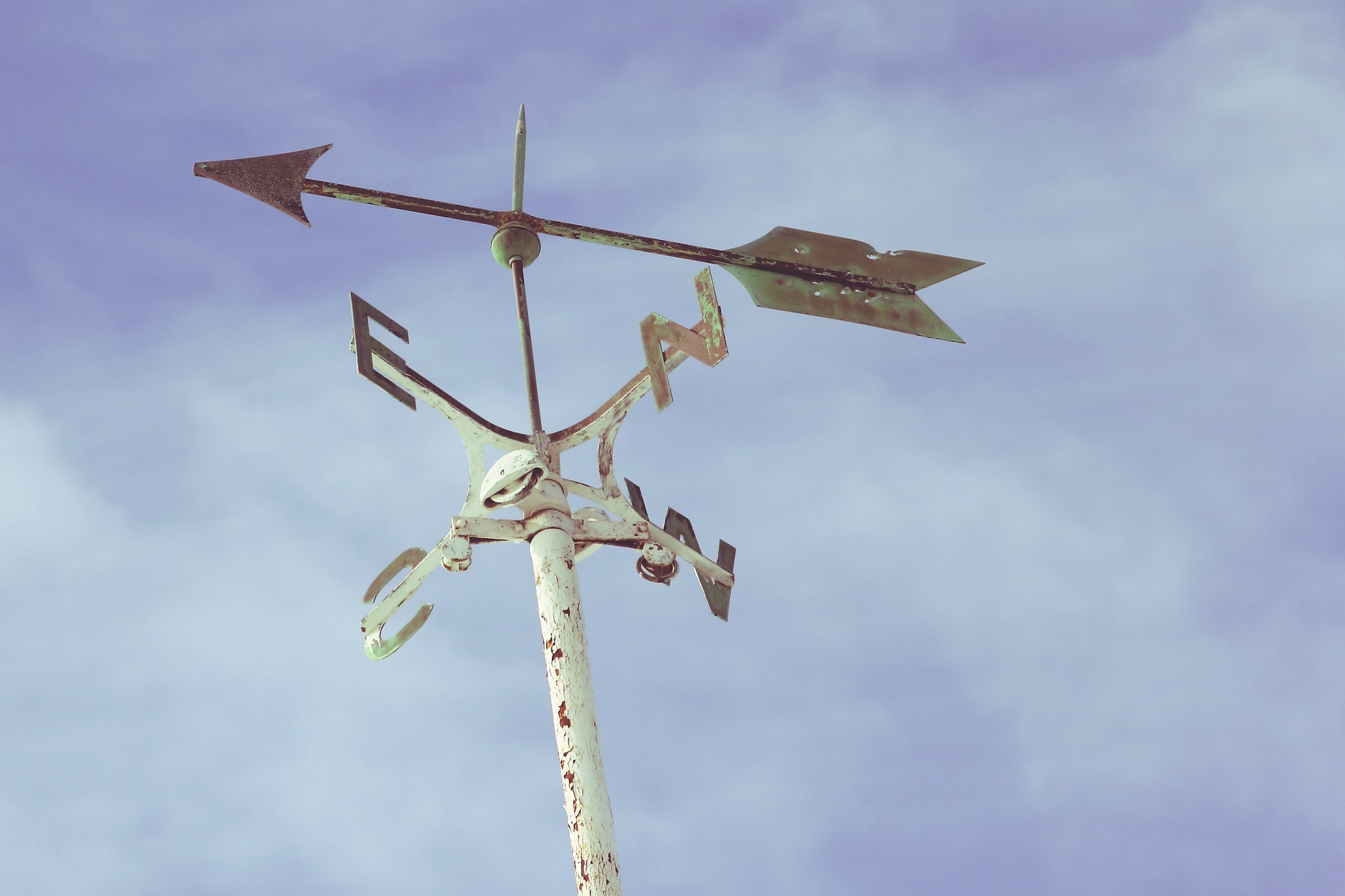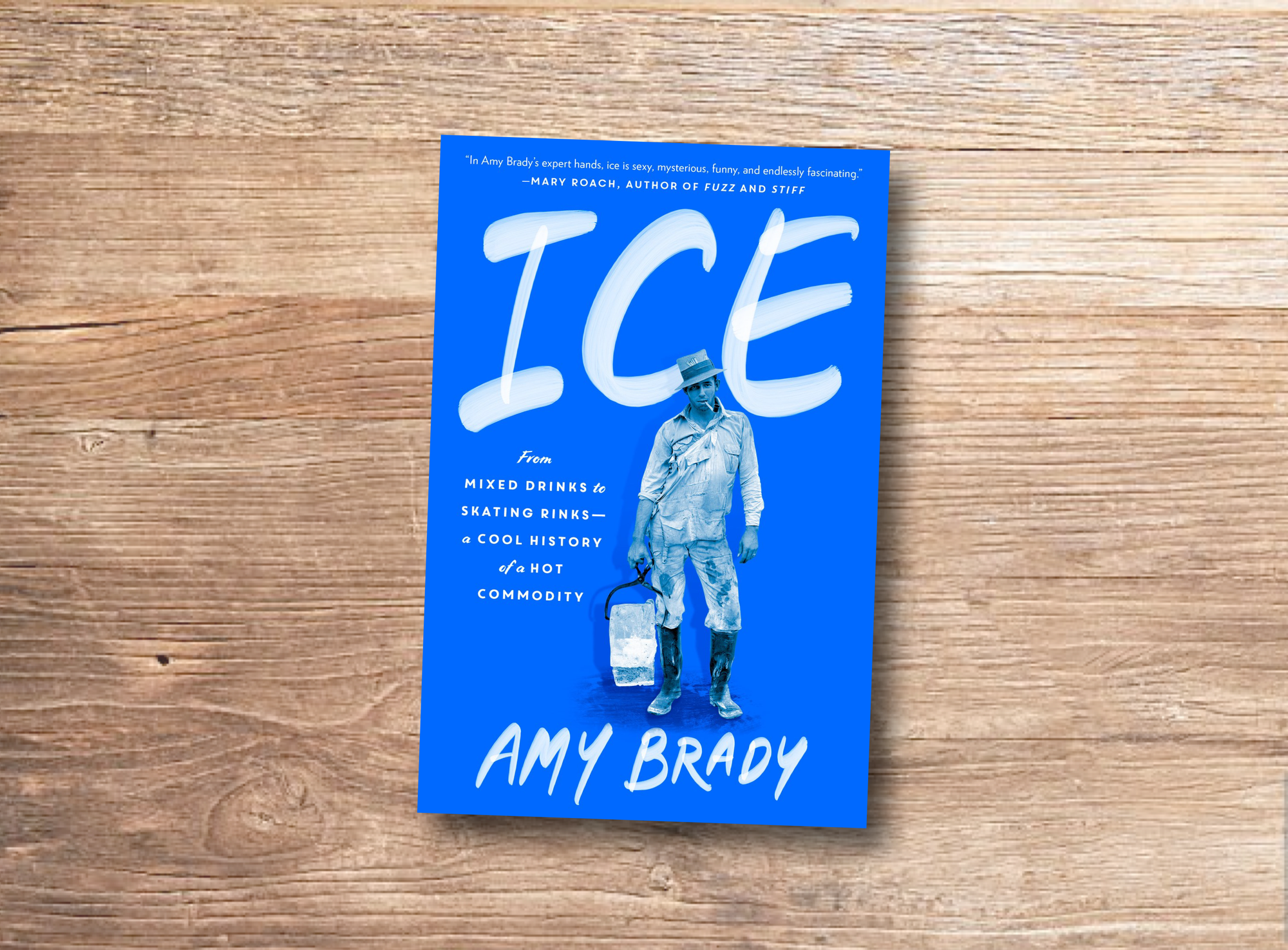Blameless Postmortem
Easy mode is actually for adults (#474)
Here's what I have found for you this week.
1. Why You’ve Never Been In A Plane Crash
When things go wrong, it's easy to ask whose mistake it was. That's where the «blameless postmortem» comes into play. It's a process – a long-standing, internationally formalised tradition in aviation – that forces everyone to look beyond individual mistakes. «When liability is not a concern, an investigation has leeway to draw more meaningful conclusions». Which makes it easier to implement changes that will actually reduce future risk. Reminded me of this interview on why we should never accept that something has been «an accident».

2. Easy Mode Is Actually for Adults
As someone who always loved playing video games (and never in easy mode, obviously) and as a parent always juggling one too many balls, this felt very relatable. «Easy mode indulges a specific fantasy in adult life that has nothing to do with slaying the undead or racing supercars: the dream of summoning a little more ease at will.»

3. If Trump Wins
With most media outlets, again, struggling to find adequate ways to cover Trump, this stands out. In December, The Atlantic published a mono-thematic issue, entirely dedicated to laying out in the clearest possible terms what the unthinkable, but far from unlikely would mean. If you're unsure where to start, start here: «America survived the first Trump term, though not without sustaining serious damage. A second term, if there is one, will be much worse.» A Warning.

4. Anthropomorphizing AI
A short post with a single, simple thought: Maybe instead of telling ourselves that we need to stop anthropomorphising AI, we should do just that. «Honestly, interacting with a computer through generative AI has been the most enjoyable experience I've had with computers.»

5. Welcome to 2034: What the world could look like in ten years
Take this with a more than a pinch of salt, and read it for what it is: a very Western-centric, mostly US-centric outlook on the world in ten years. As such, it still makes for an interesting read. Some notable non-mentions: Migration and demographic change, India, the entire continent of Africa.

What else?
Instant-gratification links that make you go wow! or aha! the moment you click.
- A photographer trained two rats to take photographs of themselves. The result is just as great as you'd expect.
- As if hummingbirds weren't already magical creatures: they have rainbow wings?
- The Beckham «be honest» meme is such a great template. Masterfully applied to climate here. (In case you're not familiar with the origin...enjoy!)
- Test Yourself: Which Faces Were Made by A.I.? (I got 8/10 correct, but not with a single one I was 100% sure)
- Oh thank goodness someone found a solution to the trolley car problem. Case closed.
Books for curious minds: Ice

My first read this year, I think I found it on a year-end best of non-fiction list: The history of frozen water in the hands of humans, from a luxury good harvested under dangerous conditions to an indispensable part of modern life, culture and technology. Filled with great anecdotes.
In every issue, I recommend one book. Some new ones as I read them, some older ones that continue to inform how I look at the world and myself.
A gem from the archive
The creators of some of the most distinctive craft beers in the world are identical twins from Denmark who can’t stand each other. Great read that makes you want to drink a bottle of the «Evil Twin Even More Jesus» beer.

This is a randomly picked gem from the archive of the Weekly Filet, going back to 2011. For manually curated time-tested treasures, have a look at my newly launched second newsletter This Aged Well.
Thanks for reading. I wish you a nice weekend and hope to see you again next Friday!
— David 👋







